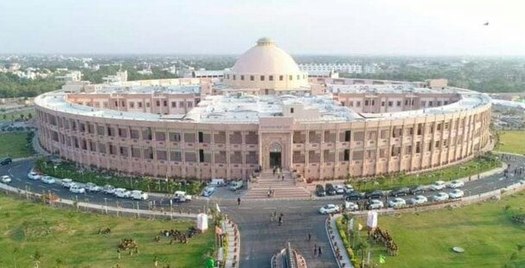-
by Admin
15 February 2026 5:35 AM



In a landmark judgment, the Rajasthan High Court has set a precedent by recognizing the maternity leave rights of surrogate mothers. Justice Anoop Kumar Dhand, in the case [2023:RJ-JP:33972], ruled in favor of Smt. Chanda Keswani, who challenged the denial of maternity leave for her twins born through surrogacy.
“Motherhood is the mother of all civilizations,” the court observed, underscoring the significance of the maternal bond irrespective of the method of childbirth. This statement not only acknowledges the traditional role of mothers but also embraces the modern dynamics of motherhood in the context of reproductive technologies.
The court delved into the question of whether state governments can differentiate between natural, biological, and surrogate mothers regarding maternity leave. The petitioner, after being refused maternity leave by the state authorities, sought redress under Article 226 of the Constitution of India. The court’s order to grant her 180 days of maternity leave marks a significant step in the recognition of surrogate mothers’ rights.
Justice Dhand, in his ruling, emphasized that “the right to life includes the right to motherhood and also the right of every child to full development,” echoing the constitutional mandate of Article 21. The judgment reflects a broader understanding of maternity, beyond the biological act of childbirth, to include the nurturing and care of a child.
The court also highlighted that the current legal framework under the Rajasthan Service Rules, 1951, does not adequately address the rights of surrogate mothers. This gap in the legislation, the court noted, needs to be filled to ensure that all forms of motherhood are respected and protected.
Rajasthan High Court’s decision sets a precedent for other courts and legislatures, advocating for changes in the law to accommodate the evolving nature of family and parenthood in modern society. This ruling not only grants relief to the petitioner but also paves the way for a more inclusive understanding of maternity and parental rights in India.
Date of Decision: 08/11/2023
Smt. Chanda Keswani VS State of Rajasthan
